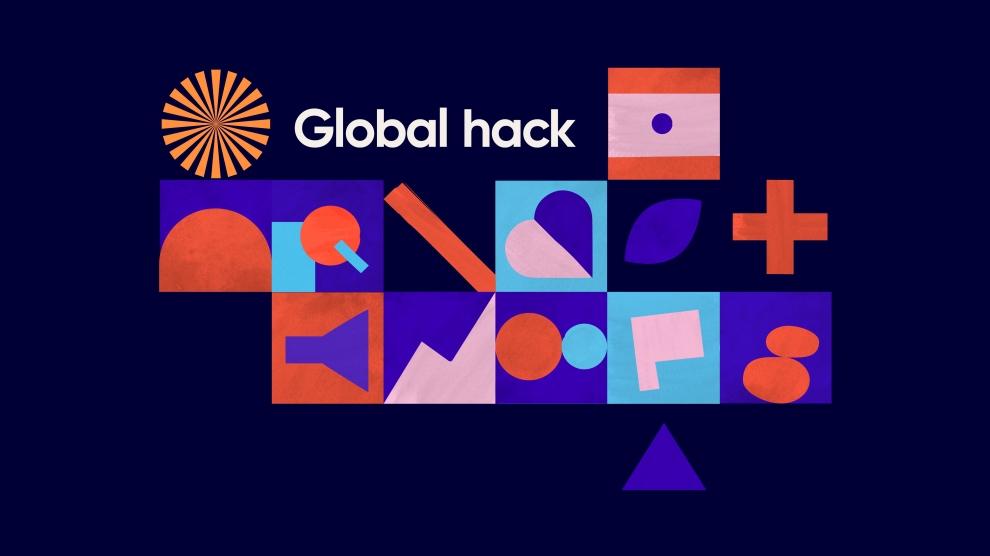With over three billion people across the globe now in lockdown due to Covid-19, the world’s largest hackathon, The Global Hack, begins today, running until April 12. The hack will share and develop technological solutions to the current crisis, and to build resilience post-pandemic.
More than 100,000 gifted and highly-skilled coders, designers and innovators from all over the world will come together online, offering their insights and brainstorming ideas to develop solutions. Ideas that are formed during the hackathon have the potential to gain funding through investors and mentors that will be present, with a confirmed prize pool of at least 75,000 euros facilitated by the European Commission, and overall prize funds of over 120,000 euros.
Some of the mentors taking part include former world chess champion, Garry Kasparov, and former Estonian President Toomas Hendrik Ilves.
“To judge from the many excellent ideas from national hackathons, some of which have become a reality and are already in use to help fight Covid-19, I believe a worldwide hackathon will bring a plethora of useful, life-saving solutions,” says Mr Ilves.
The Global Hack is a culmination of 40 similar hackathons already held or scheduled, and answers a call to action from Estonia’s current president, Kersti Kaljulaid, who has given a strong rallying call to the international community to find solutions via hackathons.
As the largest hackathon ever to be held, The Global Hack will play its part in fueling creativity and entrepreneurial spirit into wide-ranging solutions that can face the existential challenge of Covid-19 head-on. There are various tracks for those taking part, which highlight the most pressing challenges we face, for example tracks in environment, crisis response, work and the economy.
“Coming together is so essential in times of crisis,” says Marko Russiver, one of the organisers of The Global Hack. “Innovation is a collective experience and there are few ways better to achieve it than hackathons. We’ve learnt from Accelerate Estonia, Garage48 and Guaana, who collectively organised an online hackathon called Hack the Crisis, that has become a significant international success story. More than 1,300 people (0.1 per cent of Estonia’s entire population) from over 20 countries and 15 timezones gathered to develop solutions to help Estonia emerge from the coronavirus crisis and create competitive advantages for the post-crisis period. In fact, one of the success stories from Hack the Crisis, an automated chatbot called Suve, is now being used by the Estonian government to make sure that everyone living in or visiting Estonia gets their questions answered from official sources, in relation to coronavirus. Now, with The Global Hack, we want to find those solutions that can be taken to every corner of the world.”
E-Residency, the government of Estonia’s pioneering digital ID programme for global businesses, is leading a work track as a partner of the hackathon.
According to Ott Vatter, managing director of the e-Residency programme, the mission of the programme is to promote the digital transformation of governments and businesses.
“Over the last five years we have provided remote entrepreneurs with a full set of digital business services that they can access online from anywhere in the world. Now, they’re well prepared to continue doing so from home – so essentially what we offer is digital resilience,” says Vatter. “It may be a long time until the world is out of the Covid-19 woods, but we’re committed to support all remote entrepreneurs for the long road of challenges ahead. Therefore, we’re proud to be part of this incredible initiative to empower businesses not only to survive this crisis, but also thrive long after it is over. E-Residency’s offer for digital resilience will always be there for any business.”
—
Unlike many news and information platforms, Emerging Europe is free to read, and always will be. There is no paywall here. We are independent, not affiliated with nor representing any political party or business organisation. We want the very best for emerging Europe, nothing more, nothing less. Your support will help us continue to spread the word about this amazing region.
You can contribute here. Thank you.








Add Comment